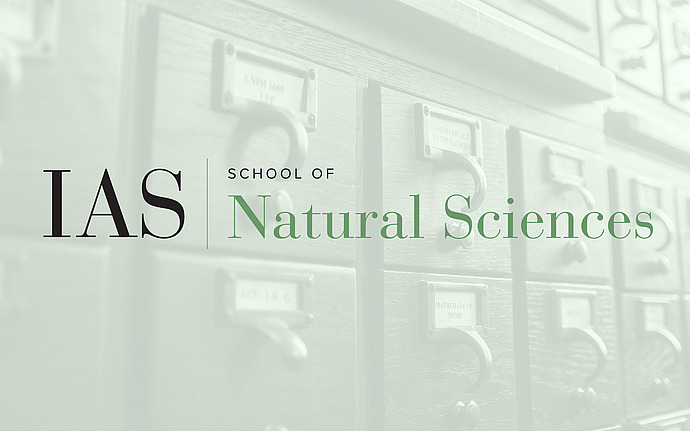
Princeton University Gravity Initiative Spring Seminar Series
Probing the Early and Dark Universe with Atomic Beams
Abstract: MAGIS-100 is a macroscopic ‘Quantum-Sensor’, based on a 100-meter light-pulse atom interferometer, being built at Fermilab by an international collaboration, in search of the “dark” sector of the universe (“dark” matter and energy) and “early-universe” gravitational wave background. The experiment can potentially search for new forces and test ‘quantum mechanics’ at large distances. The existing NuMI shaft at Fermilab will be used to install the 100-meter atom interferometer for fundamental sciences. Latest advances in atomic clock technologies using Strontium atoms will maximize the sensitivity of the experiment to demonstrate the efficacy and technical feasibility of long-baseline atom interferometers. This is an intermediate step towards a possible future earth-based 1 kilometre long-baseline atom interferometer set-up (e.g., in the Sanford Labs in South Dakota or elsewhere), with potentially sufficient sensitivity to detect stochastic cosmic background gravitational radiation from the early universe (predicted in the 0.1 Hz – 10 Hz range --- a ‘band-gap’ between the earth-based LIGO and space-based LISA experiments). Eventually, if successful, one can contemplate space-based interferometers in satellites. We give an overview of this international collaborative experiment and its scientific reach.